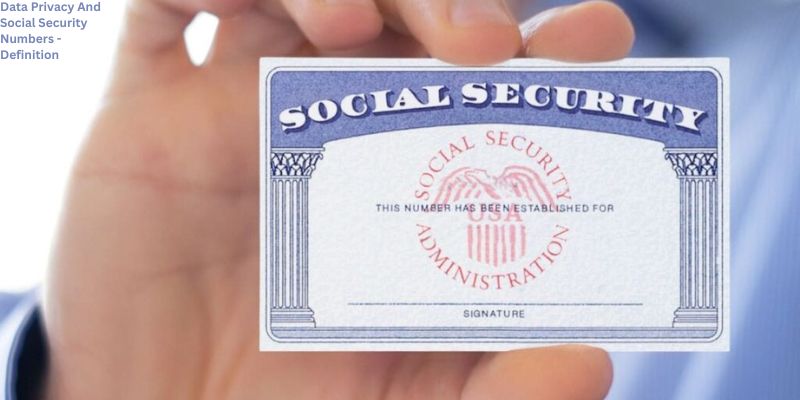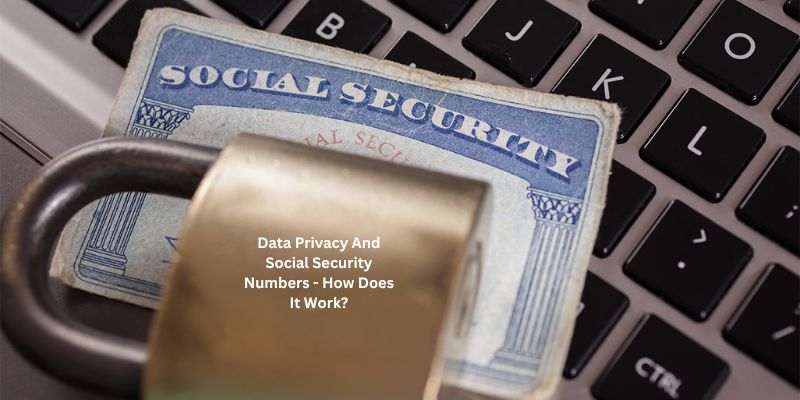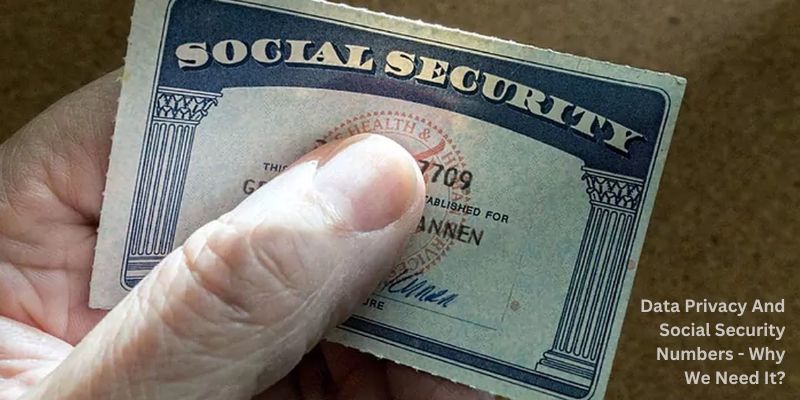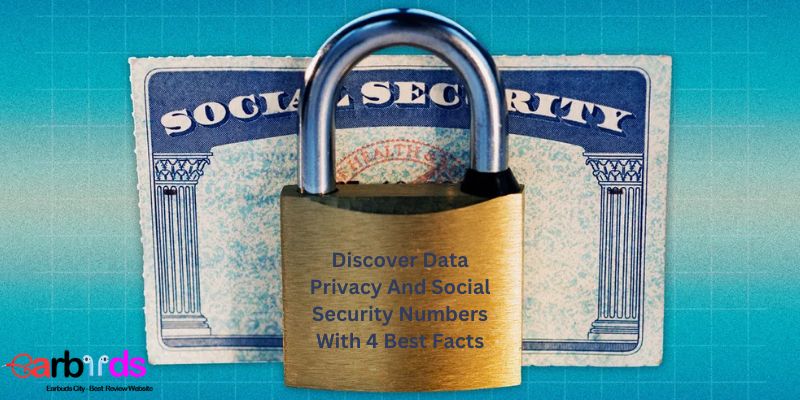In today’s digital age, the protection of our personal information has never been more important. With the increasing reliance on technology and the vast amount of data being collected, concerns about data privacy and security have become paramount. One aspect that often comes under scrutiny is the safeguarding of social security numbers, which hold a wealth of sensitive information about individuals. In this blog post, earbudscity.com will explore the significance of data privacy and social security numbers. Stay tuned as we uncover the risks, challenges, and potential solutions in this ever-evolving landscape.
1. Data Privacy And Social Security Numbers – Definition

A Social Security number is a nine-digit identification number given to Americans who are citizens, legal residents, or temporary foreign nationals. It was initially created only for tracking wages and benefits made accessible by the Social Security Administration. The number is presently utilized to track credit accounts, create bank accounts, and do other tasks that call for official identification but over time it has evolved into the default identity number for Americans.
In 2008, laws from 1943 that mandated that the Social Security number be used as the primary form of identity by all federal agencies were repealed, allowing many non-citizens to request the use of alternate forms of identification when submitting applications for various financial accounts and on official paperwork. Banks, businesses, and even financial programs like school meal programs may still seek Social Security numbers since they are still needed for income and tax purposes.
People must provide their SSN when opening bank accounts, applying for government benefits, getting credit, making significant purchases, and other activities in the US. If you are interested in similar topics, you can also refer to the article Data Privacy And Facial Recognition
2. Data Privacy And Social Security Numbers – How Does It Work?

A Social Security number is possessed by every American who is a citizen, a permanent resident, or who is temporarily present in the country for employment purposes. Due to its use by companies and governmental bodies, even non-working residents (citizens and non-citizens alike) can receive an SSN.
Now, the digits in social security numbers are randomly generated. The numerals served a role before 2011, though. Back then, the person’s birthplace or place of residence was indicated by the first three digits of their social security number. It was initially planned for the following pair of numerals to stand for the birth year or month.
Instead, the Social Security Administration chose to have it stand in for a group number because of worry that it may be fabricated. Despite a few instances where two persons received the same Social Security number, no Social Security numbers have been used in the past.
3. Data Privacy And Social Security Numbers – Why We Need It?

Due to its direct relationship to any potential future benefits you may be eligible for from the U.S. government, a Social Security number is highly crucial to possess.
A person’s annual income and the duration of their employment are tracked using their SSN. These numbers are necessary to calculate any prospective financial advantages, including retirement income, disability income, and health insurance.
Employers ask for applicants’ Social Security numbers as part of the application process when they begin their working lives. They include information on the salary payments connected to each SSN and the deductions made for workers’ Social Security and Medicare contributions to the Internal Revenue Service (IRS). Additionally, employers disclose this data to all states with income taxes.
Additional justifications why you would require an SSN include:
- To start a bank or other type of financial account.
- To submit a federal loan application.
- To submit an unemployment claim.
- As a tax return identification.
- To obtain a driving permit.
- Order a passport.
4. Data Privacy And Social Security Numbers – In The Event That Your Social Security Number Is Stolen, What Should You Do?
Data privacy and social security numbers – There are many identity thieves. If you think your Social Security number has been stolen, get in touch with the Social Security Administration. The organization is able to assist in resolving financial issues. You must get in touch with your banking institution as well as Equifax, Experian, and TransUnion if you are experiencing credit issues. The Internal Revenue Service, the Internet Crime Center, and IdentityTheft.gov are other places where you may report any questionable behavior.
Conclusion
In conclusion, protecting data privacy and social security numbers, is of paramount importance in today’s digital age. The potential risks and consequences of a data breach can be severe, ranging from financial fraud to identity theft. Therefore, it is crucial for individuals and organizations to prioritize data security measures such as encryption, strong passwords, and regular monitoring.
Additionally, raising awareness about the importance of data privacy and fostering a culture of responsible data handling can help mitigate the risks associated with social security numbers. By implementing robust security practices and staying vigilant, we can safeguard our personal information and ensure a safer digital future.




